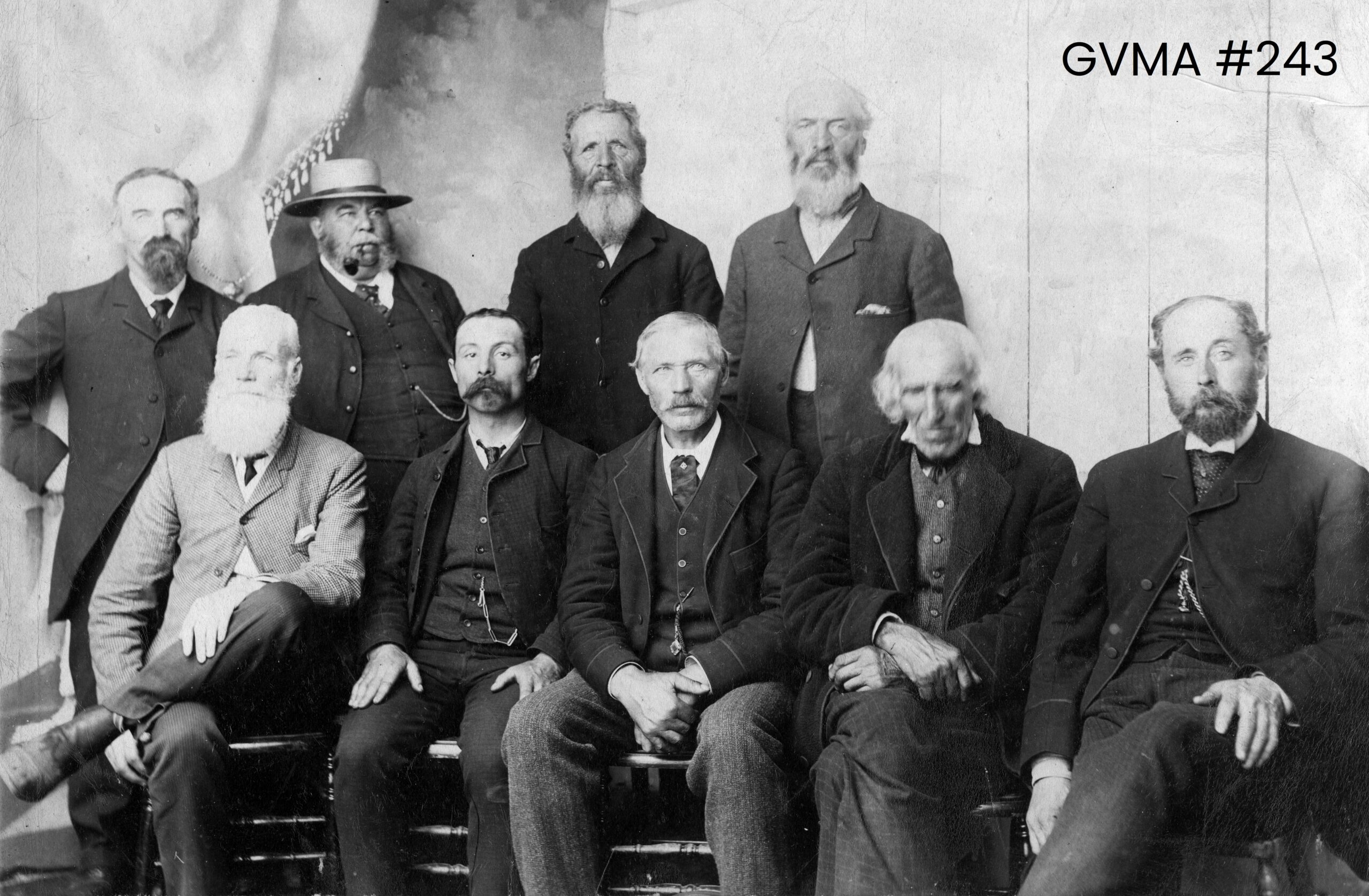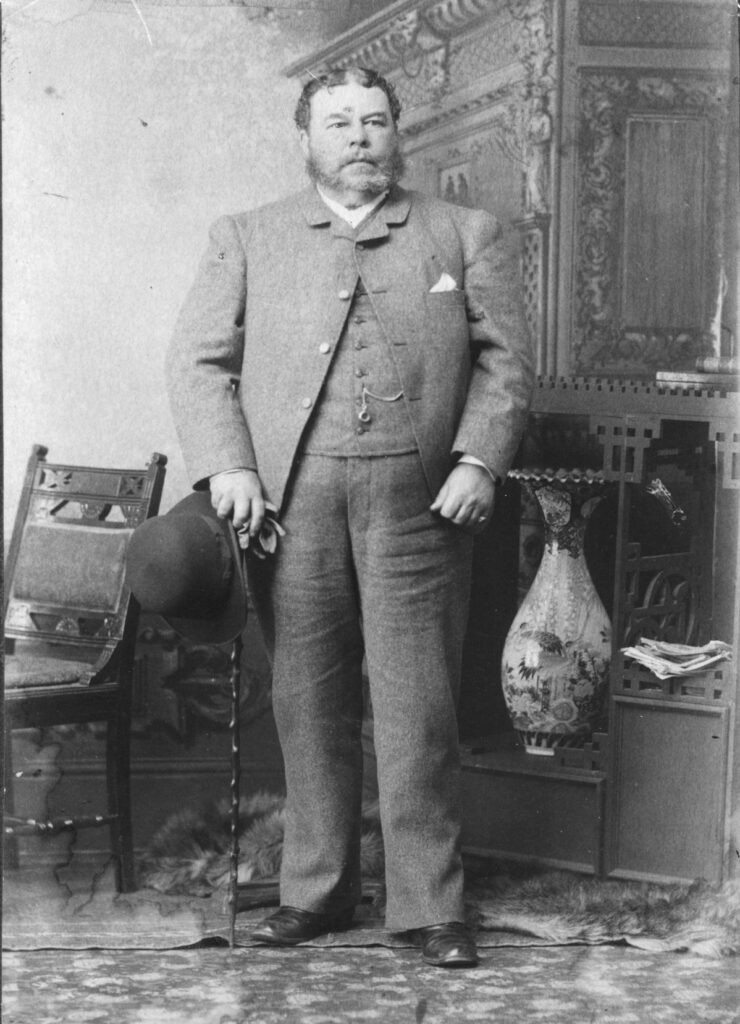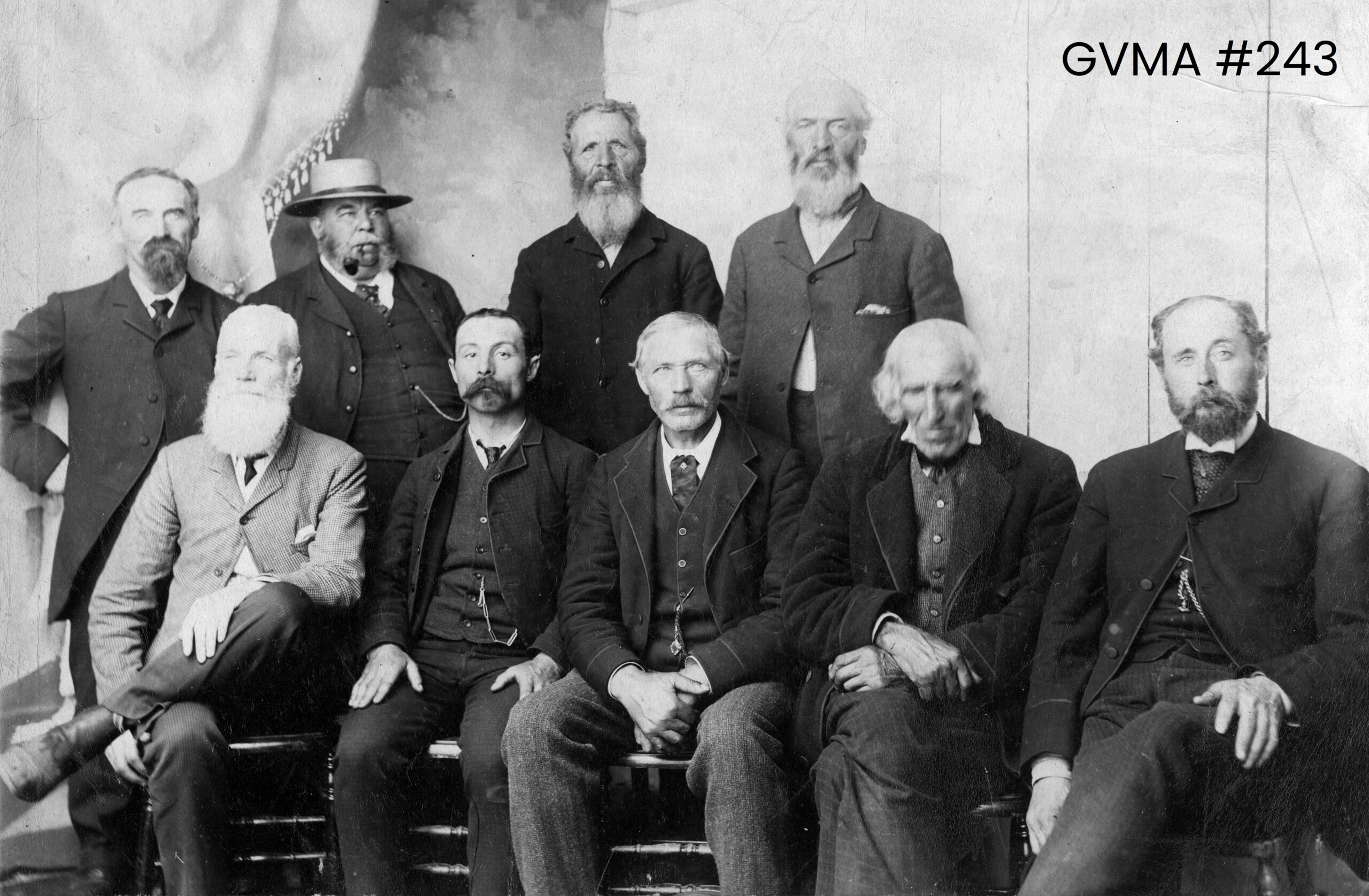
You may never have heard of him, but in spite of his humble presence in talks of Vernon’s non-Indigenous pioneers, Moses Lumby left an impact on the valley that can still be seen today.
Moses Lumby was born in Nottinghamshire, England, to Ann and Frederick Lumby on Dec. 30, 1840. He came to Canada around 1861 or 1862, attracted to the area, like many others, by reports of gold being discovered. He first went up the Stikine River with a group of prospectors, but did not make the fortune for which he had been hoping.

By 1869, Lumby and some friends were operating a ranch in the Spallumcheen Valley, the Traditional and Ancestral Territories of the Syilx and Secwepemc Peoples. He had been drawn to the area by an old acquaintance of his, A.L. Fortune, who was the region’s first non-Indigenous settler. The ranch thrived, and in one particular year, Lumby reportedly sold 90 tons of fall wheat, 250 tons of spring wheat, and 20 tons of oats to a single company, Columbia Mills.
By the 1880s, the settler-colonial population of the Spallumcheen Valley had grown significantly, and it was time for an update in transportation. Lumby played an instrumental role in the formation of the Shuswap & Okanagan Railway Co., and spent years petitioning the provincial government to extend a railway line into the Okanagan Valley. Finally, in 1892, a spur line of the C.P.R. was completed between Sicamous and Vernon’s Okanagan Landing.
In addition to his work in agriculture and transportation, Lumby contributed to local politics and law. In 1877, he was made a Justice of the Peace, and in 1892 became the Government Agent for the district. Later that same year, he chaired the meeting that brought about the incorporation of the City of Vernon.
In September of 1893, Lumby developed a cold that lingered for months. He traveled to Victoria for treatment, where it was discovered that he was suffering from typhoid fever. Sadly, he never recovered and passed away on Oct. 22, at the age of 52.
After his death, the Vernon News wrote that “since he became a resident of the place no man has been more interested in its welfare or has been more unselfish in his efforts to advance its interests.” It was in honour of this legacy that, shortly before his death, in August of 1892, the town of White Valley changed its name to Lumby.
To explore more of Vernon’s history, check out our other blog posts!
This blog post was researched and written by Alice Howitt, museum ambassador. Well done, Alice!

